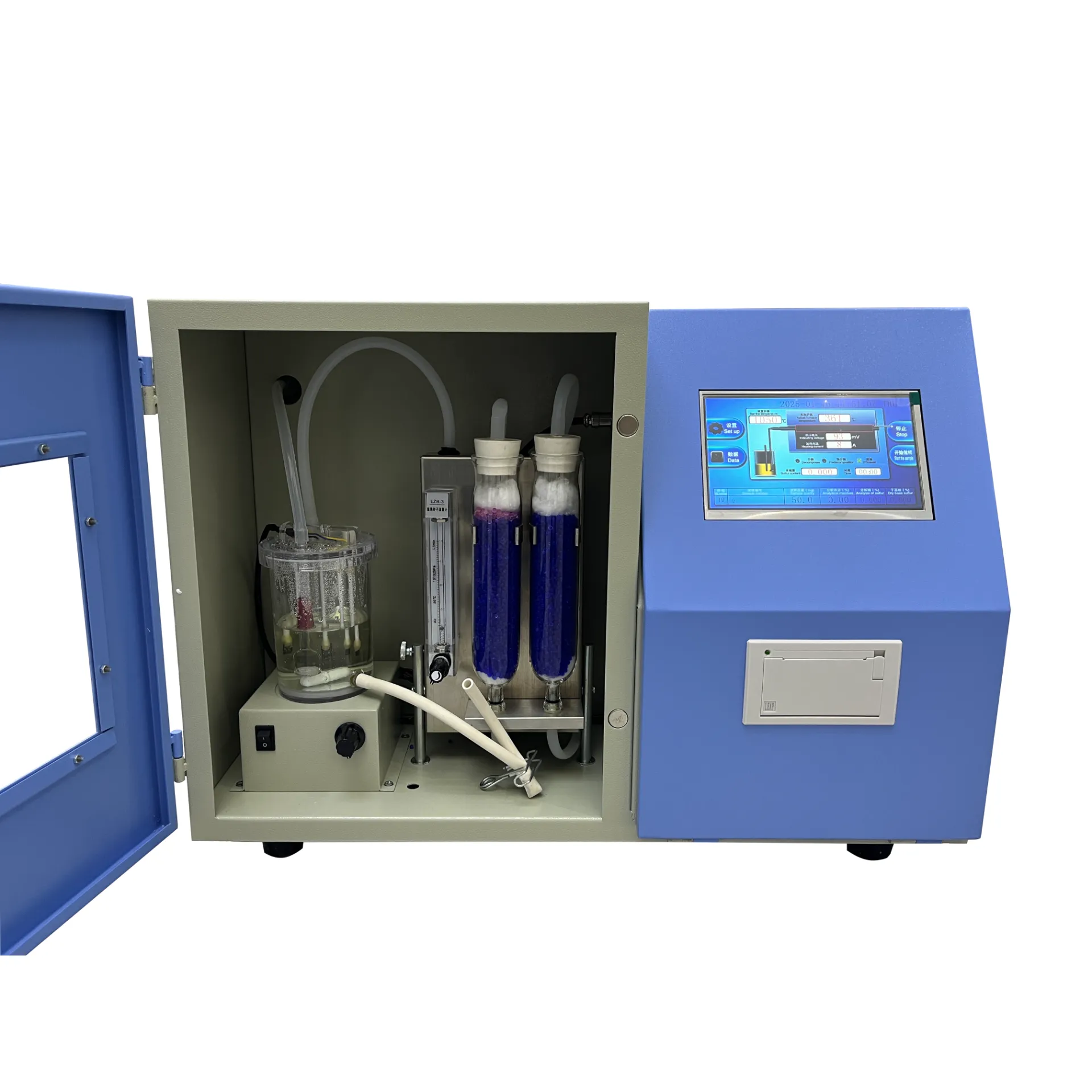TEL:
+86-0312-3189593
 English
English

Telephone:0312-3189593

Email:sales@oil-tester.com

-
 Afrikaans
Afrikaans -
 Albanian
Albanian -
 Amharic
Amharic -
 Arabic
Arabic -
 Armenian
Armenian -
 Azerbaijani
Azerbaijani -
 Basque
Basque -
 Belarusian
Belarusian -
 Bengali
Bengali -
 Bosnian
Bosnian -
 Bulgarian
Bulgarian -
 Catalan
Catalan -
 Cebuano
Cebuano -
 China
China -
 China (Taiwan)
China (Taiwan) -
 Corsican
Corsican -
 Croatian
Croatian -
 Czech
Czech -
 Danish
Danish -
 Dutch
Dutch -
 English
English -
 Esperanto
Esperanto -
 Estonian
Estonian -
 Finnish
Finnish -
 French
French -
 Frisian
Frisian -
 Galician
Galician -
 Georgian
Georgian -
 German
German -
 Greek
Greek -
 Gujarati
Gujarati -
 Haitian Creole
Haitian Creole -
 hausa
hausa -
 hawaiian
hawaiian -
 Hebrew
Hebrew -
 Hindi
Hindi -
 Miao
Miao -
 Hungarian
Hungarian -
 Icelandic
Icelandic -
 igbo
igbo -
 Indonesian
Indonesian -
 irish
irish -
 Italian
Italian -
 Japanese
Japanese -
 Javanese
Javanese -
 Kannada
Kannada -
 kazakh
kazakh -
 Khmer
Khmer -
 Rwandese
Rwandese -
 Korean
Korean -
 Kurdish
Kurdish -
 Kyrgyz
Kyrgyz -
 Lao
Lao -
 Latin
Latin -
 Latvian
Latvian -
 Lithuanian
Lithuanian -
 Luxembourgish
Luxembourgish -
 Macedonian
Macedonian -
 Malgashi
Malgashi -
 Malay
Malay -
 Malayalam
Malayalam -
 Maltese
Maltese -
 Maori
Maori -
 Marathi
Marathi -
 Mongolian
Mongolian -
 Myanmar
Myanmar -
 Nepali
Nepali -
 Norwegian
Norwegian -
 Norwegian
Norwegian -
 Occitan
Occitan -
 Pashto
Pashto -
 Persian
Persian -
 Polish
Polish -
 Portuguese
Portuguese -
 Punjabi
Punjabi -
 Romanian
Romanian -
 Russian
Russian -
 Samoan
Samoan -
 Scottish Gaelic
Scottish Gaelic -
 Serbian
Serbian -
 Sesotho
Sesotho -
 Shona
Shona -
 Sindhi
Sindhi -
 Sinhala
Sinhala -
 Slovak
Slovak -
 Slovenian
Slovenian -
 Somali
Somali -
 Spanish
Spanish -
 Sundanese
Sundanese -
 Swahili
Swahili -
 Swedish
Swedish -
 Tagalog
Tagalog -
 Tajik
Tajik -
 Tamil
Tamil -
 Tatar
Tatar -
 Telugu
Telugu -
 Thai
Thai -
 Turkish
Turkish -
 Turkmen
Turkmen -
 Ukrainian
Ukrainian -
 Urdu
Urdu -
 Uighur
Uighur -
 Uzbek
Uzbek -
 Vietnamese
Vietnamese -
 Welsh
Welsh -
 Bantu
Bantu -
 Yiddish
Yiddish -
 Yoruba
Yoruba -
 Zulu
Zulu
2 сар . 11, 2025 19:16
Back to list
ref testing of transformer
Transformers stand as revolutionary architectures that have reshaped the field of natural language processing and AI. The sophistication of these models, however, necessitates comprehensive and precise testing methodologies to ensure optimal performance and reliability. Herein lies the critical significance of ref testing for transformers—a practice that demands experience, expertise, authoritativeness, and trustworthiness to refine these products effectively.
In practice, executing ref testing with these principles involves deploying rigorous A/B testing, utilizing large-scale machine learning benchmarks, and engaging in continuous integration pipelines that iterate rapidly on feedback. By doing so, teams can systematically assess transformer models against baseline references and ensure continuous alignment with evolving data landscapes and user expectations. Additionally, the applications of ref testing are far-reaching. For enterprises deploying transformers in customer-facing applications, precise and trustworthy testing directly translates to better end-user experiences. Efficient transformer models can parse customer queries more accurately, recommend products with higher relevance, and engage in conversational AI interactions that are both context-aware and human-like. For industry innovators, adopting a reference-testing-centric approach can catalyze faster innovation cycles, allowing them to remain ahead in a competitive market. By systematically refining transformer functionalities, they not only enhance existing product lines but also pioneer new AI-driven solutions that can redefine user interactions entirely. Finally, the broader implications of effective ref testing extend to societal impacts. As AI becomes increasingly entwined with daily life, addressing ethical concerns such as bias mitigation and fairness becomes crucial. By incorporating these elements into ref testing protocols, organizations can assure the responsible deployment of transformers, gaining public trust and fostering a positive AI rapport. In essence, ref testing of transformers symbolizes not merely a technical necessity but a strategic imperative that encompasses experience, expertise, authoritativeness, and trustworthiness. Embracing these elements elevates transformer testing from a procedural activity to a pivotal enabler of product excellence and innovation leadership, thereby solidifying an organization's stature in the dynamic AI landscape.


In practice, executing ref testing with these principles involves deploying rigorous A/B testing, utilizing large-scale machine learning benchmarks, and engaging in continuous integration pipelines that iterate rapidly on feedback. By doing so, teams can systematically assess transformer models against baseline references and ensure continuous alignment with evolving data landscapes and user expectations. Additionally, the applications of ref testing are far-reaching. For enterprises deploying transformers in customer-facing applications, precise and trustworthy testing directly translates to better end-user experiences. Efficient transformer models can parse customer queries more accurately, recommend products with higher relevance, and engage in conversational AI interactions that are both context-aware and human-like. For industry innovators, adopting a reference-testing-centric approach can catalyze faster innovation cycles, allowing them to remain ahead in a competitive market. By systematically refining transformer functionalities, they not only enhance existing product lines but also pioneer new AI-driven solutions that can redefine user interactions entirely. Finally, the broader implications of effective ref testing extend to societal impacts. As AI becomes increasingly entwined with daily life, addressing ethical concerns such as bias mitigation and fairness becomes crucial. By incorporating these elements into ref testing protocols, organizations can assure the responsible deployment of transformers, gaining public trust and fostering a positive AI rapport. In essence, ref testing of transformers symbolizes not merely a technical necessity but a strategic imperative that encompasses experience, expertise, authoritativeness, and trustworthiness. Embracing these elements elevates transformer testing from a procedural activity to a pivotal enabler of product excellence and innovation leadership, thereby solidifying an organization's stature in the dynamic AI landscape.
Previous:
Latest news
-
Testing Equipment Industry Sees Major Advancements in 2025: Smart & Precision Technologies Lead the WayNewsJun.06,2025
-
Applications of Direct Current Generators in Renewable Energy SystemsNewsJun.05,2025
-
Hipot Tester Calibration and Accuracy GuidelinesNewsJun.05,2025
-
Digital Circuit Breaker Analyzer Features and BenefitsNewsJun.05,2025
-
Benefits of Real-Time Power Quality Monitoring Devices for Industrial EfficiencyNewsJun.05,2025
-
Earth Fault Loop Testing in High-Rise Building Electrical SystemsNewsJun.05,2025



